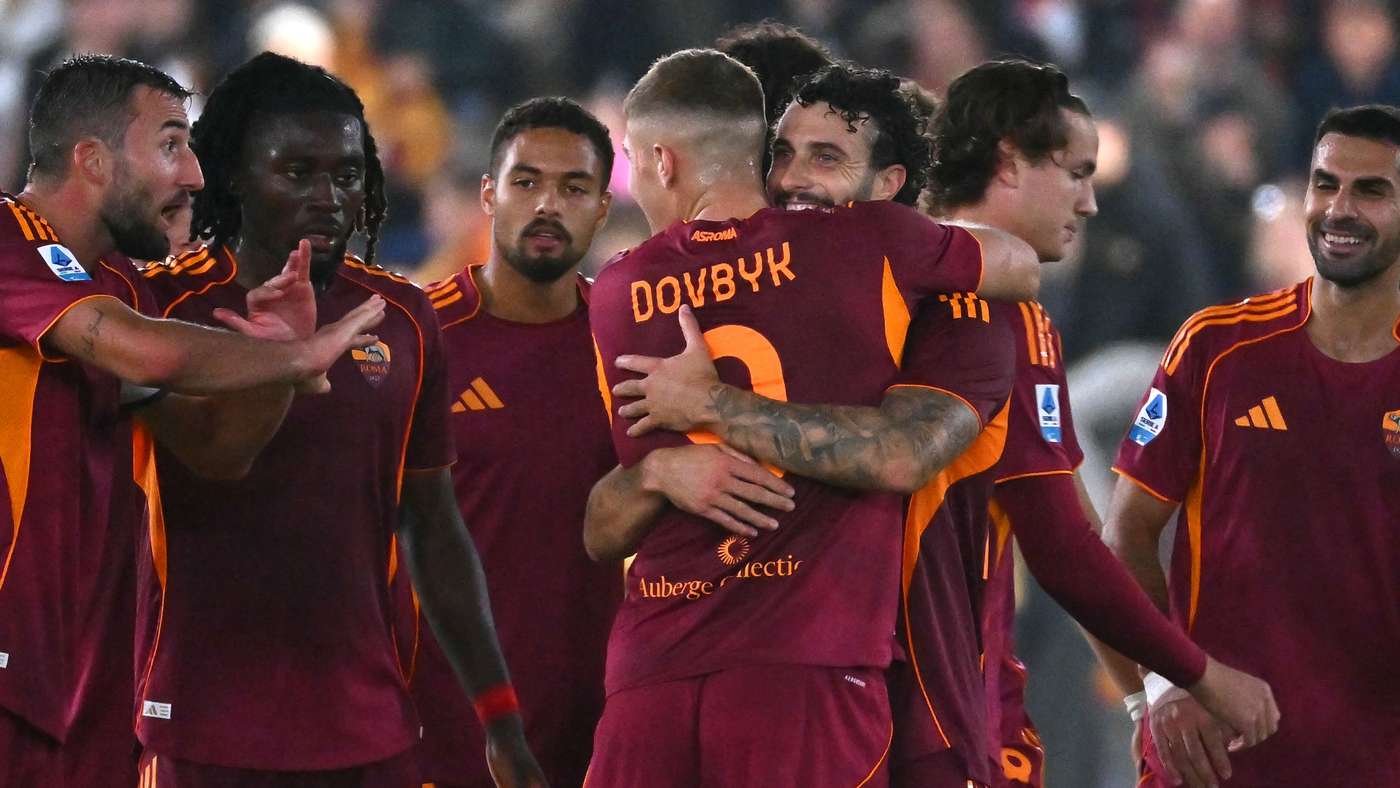Sacchi’s Lens on Fabregas: How Arsenal and Barça Legacies Reignite Italian Football
1 November 2025

Sacchi’s Praise and Fabregas’s Forward Philosophy
Arrigo Sacchi, the legendary Italian coach, lauded the football philosophy of Cesc Fabregas at Como in Serie A, saying the former Barcelona and Arsenal star applies refined attacking ideas inspired by what he called "+the best universities of football in Europe+".
According to the Italian newspaper La Gazzetta dello Sport, Sacchi spoke at length about the upcoming Napoli versus Como clash, expressing admiration for Fabregas’s approach and predicting a lively, open match at the Diego Armando Maradona stadium.
“I don’t know Fabregas personally,” Sacchi said, “but I follow Como’s style with great admiration. He comes from two great schools, having learned at Arsenal and Barcelona. He has gained a deep understanding of the beauty of the game. When your teachers are Wenger and Guardiola, it’s hard to go wrong.”
He added: “Watch Como on the field—how they move, which spaces they occupy, and how they react under pressure. Do they look like a small-town team? Of course not. And who deserves the credit for that if not the coach?”
Bold Offensive Style and Collective Organization
Sacchi argued that Fabregas pushes his players toward a bold attacking approach and a high level of team organization. He warned that Napoli must be ready for a high press and careful with spaces behind their back line, since Napoli players can exploit gaps if Como’s lines aren’t perfectly synchronized.
“See how Como players move,” he said. “They always know what to do, where to position themselves, and how to act under pressure. If you think they’re a provincial side, you’re mistaken. And that’s the result of the coach’s work.”
He went on to praise Fabregas’s ambition to press high, build quickly, and seek coordinated, incisive attacks rather than sitting back and inviting trouble. The Italian legend noted that the midfielder has teammates who enjoy short passes, structured builds, and through-balls, which Napoli will have to counter with discipline and pace.
Como sits near European qualification spots after collecting 16 points from nine matches, just two points behind the European berths, showing the balance and technical maturity Fabregas has helped inject into a side on the rise.
Napoli, meanwhile, shares the top of the table with Roma at 21 points from nine matches, five clear of Como. Napoli has endured two losses in its last five, while Como has gone undefeated in that span, recording three draws and two wins, underscoring the growing tactical harmony Fabregas has forged in Como.
 EPA
EPA
The Architect of Modern Football: From Shoemaking to the Touchline
Sacchi is widely regarded as one of football’s greatest tactical minds and a symbol of the transformation of Italian football in the 1980s. Born on April 10, 1946, in Fusignano, Italy, he began his journey not as a professional player but in the footwear trade, before turning to coaching from the ground up with amateur squads.
Early on he faced disbelief for lacking a traditional playing pedigree, yet his ideas rapidly drew attention. He started with small local clubs and youth sides, eventually taking charge at Parma in the early 1980s—a turning point that would redefine Italian club football.
In Parma, Sacchi introduced a modern attacking philosophy that broke with the era’s defensive conservatism. He emphasized high pressing and collective organization, delivering results that surprised many observers and even attracted Milan’s eye when he led them to domestic and European glory in ensuing years.
The Milan Revolution and the Golden Era
Arrigo Sacchi joined Milan in 1987, and his first season powered the club toward the league title in 1988 after a long absence. He then steered Milan to back-to-back European Cups in 1989 and 1990, building a team that blended aggressive pressing, elevated defensive lines, and swift, coordinated attacking play.
His maxim that "the team is one unit" captured the essence of an era when talents such as Franco Baresi, Paolo Maldini, Ruud Gullit, Marco van Basten, Frank Rijkaard, and others formed a machine that dominated European football. The successes with Milan laid the groundwork for a broader shift in Italian football’s tactical thinking.
Later, Sacchi coached the Italian national team in 1991 and guided them to the 1994 World Cup final in the United States, where they were edged by Brazil on penalties. Despite the defeat, the Azurri’s balance of defensive rigor and attacking intent earned him enduring respect worldwide.
His influence extended beyond club duties: a stint as Real Madrid’s technical director in 2004 helped shape the club’s modern development model and pedagogy. Sacchi’s legacy persists in the thinking of managers who prize collective movement and intense pressing as the core of successful teams.
A Lasting Legacy and a Source of Inspiration
Today, Sacchi is seen as a pioneer of modern tactical thought and a touchstone for contemporary coaches such as Pep Guardiola, Jurgen Klopp, and Carlo Ancelotti. His insistence on discipline, teamwork, and an organized, aggressive style of football continues to influence how the game is taught and played.
He proved that passion and ideas can overcome barriers, and that success does not require a glamorous playing past but a clear philosophy plus relentless execution. Thus, the man who started in the boot business became a blueprint for generations of coaches around the world.
Punchline time: If football were a sniper rifle, Sacchi’s system would be the iron sight—always on target, never misses a pressing trigger. Punchline two: If Como keeps playing like this, Napoli might need a calendar—every week is a new goal to clock.



